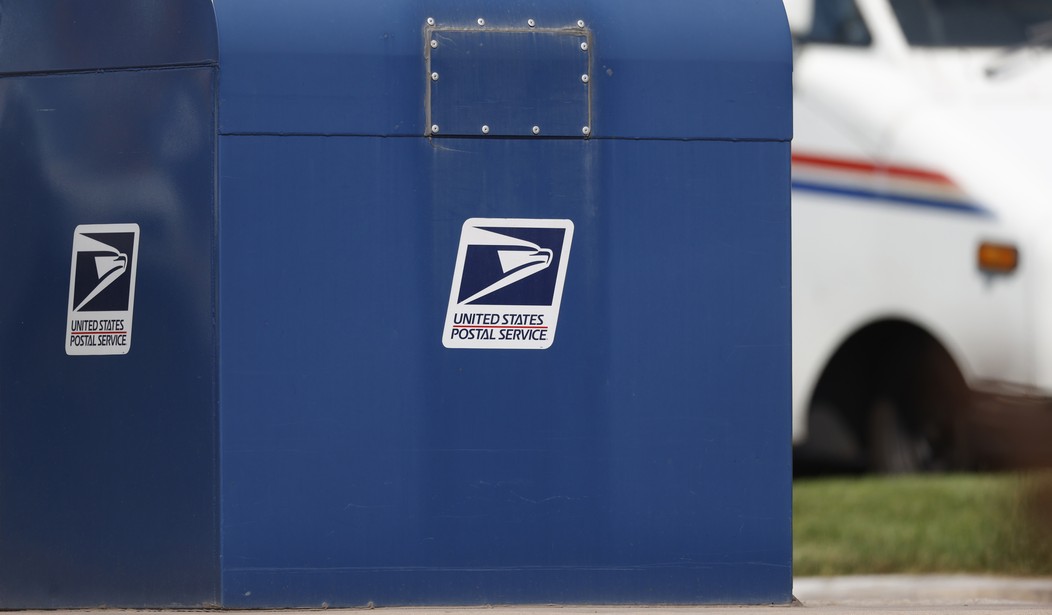With major rulings on affirmative action, student loan “forgiveness,” and free speech, it’s safe to say the most recent term at the U.S. Supreme Court ended with a bang.
But among the fireworks at the high court, it would be easy to underestimate the importance of the court’s unanimous ruling in Groff v. DeJoy. That ruling requires employers to provide stronger religious accommodations in the workplace for employees of all faiths under a federal law known as Title VII.
In 2012, Gerald Groff was hired by the United States Postal Service as a mail carrier—a position which, at the time, did not conflict with his religious conviction that he take Sundays off for worship and rest. The next year, however, the USPS began to occasionally deliver mail on Sundays, and it wasn’t long before Groff reached a crossroads between the demands of his job and his deeply held religious convictions.
Groff did everything he could to walk the line between his faith and work, including transferring to a small rural post office that didn’t deliver mail on Sundays. But when that location also started making Sunday deliveries, Groff received “progressive discipline,” eventually prompting him to submit his resignation in 2019.
Why was Groff chased from his employment? Because the USPS considered it overly burdensome to accommodate his religious views. In doing so, the postal service relied on a misguided, yet widely-held interpretation of the 1977 ruling in Trans World Airlines v. Hardison that allowed employers to reject reasonable requests for religious accommodations like Groff’s so long as they posed “more than a de minimis cost” to the company.
In Groff’s case, USPS claimed that exempting him from Sunday deliveries “imposed on his coworkers, disrupted the workplace and workflow, and diminished employee morale.”
But religious exercise—guaranteed by the First Amendment and federal law—doesn’t go away just because someone else feels inconvenienced, put upon, or even offended. Thankfully, the Supreme Court agreed, affirming that Title VII protects employees’ ability to live and work according to their religious beliefs, and that employers must provide reasonable accommodations for employees’ religious practice unless doing so “would result in substantial increased costs in relation to the conduct of its particular business.”
Under the newly clarified test, employers must consider “all relevant factors in the case at hand, including the particular accommodations at issue and their practical impact in light of the nature, size and operating cost of an employer.” Underscoring the fact-specific nature of employment situations like Groff’s, the high court also ruled that lower courts must take into account other reasonable alternatives, not just the employee’s preferred solution.
The Supreme Court also wrote that “a good deal of the EEOC’s guidance in this area is sensible and will, in all likelihood, be unaffected by our clarifying decision today.” That includes guidance saying there is no undue hardship for “temporary costs, voluntary shift swaps, occasional shift swapping, or administrative costs.” Lower courts will have to flesh out the new test. But it undoubtedly protects more than what the EEOC already recognized and what many courts had decided under the more-than-de minimis standard.
This standard better protects all Americans’ right to live and work in a manner consistent with their faith. And it’s a welcome change from the previous legal regime that had treated Groff and other religious employees—including fellow Christians, but also Muslims, Sikhs, Jews, and Rastafarians—as second-class citizens.
In an amicus brief filed in support of Groff’s position, Alliance Defending Freedom called on the Supreme Court to do what it eventually did, which was simply to set the record straight by affirming that companies must respect religious exercise. The brief highlighted that, like Groff, Indiana high school orchestra teacher John Kluge was forced to resign by the public school district where he worked after it revoked his Title VI accommodation based on ideological complaints. Like the USPS, the school district initially prevailed in court by appealing to the now-obsolete standard that the Groff ruling sets aside.
Now that the Supreme Court has properly reset the legal landscape, it’s time for employers to respond accordingly. Of the 75 publicly traded Fortune 1,000 companies scored in the Viewpoint Diversity Score 2023 Business Index, not one disclosed a workplace religious accommodation policy. Every company should provide a written policy and process for employees to request religious accommodations.
Employees of faith have the freedom to contribute their perspectives and bring their full selves to work. It’s now on employers to recognize and honor that reality.
Michael Ross is legal counsel for Alliance Defending Freedom (@ADFLegal).
Supreme Court Delivered on Workplace Religious Accommodation. It's Up to Employers to Respond
The opinions expressed by columnists are their own and do not necessarily represent the views of Townhall.com.

Advertisement
Recommended
Trending on Townhall Videos
Advertisement
Advertisement
Advertisement
























Join the conversation as a VIP Member